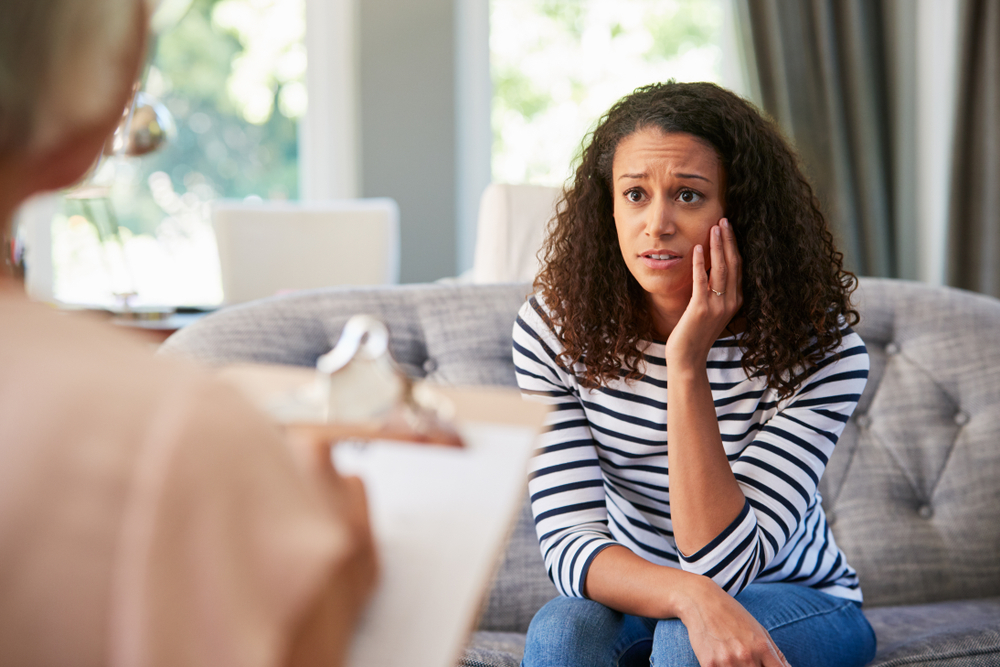Domestic abuse inflicts deep wounds that extend far beyond physical injuries. The psychological and emotional scars often persist long after leaving an abusive situation, making professional counseling a crucial step toward recovery. Understanding the role and importance of counseling helps survivors and their supporters recognize its value in the healing journey.
Understanding the impact of abuse
Domestic abuse manifests in multiple forms, from physical violence to subtle emotional manipulation. Victims often experience a complex web of trauma that affects their mental health, relationships, and sense of self. The impact can touch every aspect of life, making professional guidance essential for recovery.
Survivors frequently struggle with ongoing anxiety, depression, and post-traumatic stress disorder (PTSD). These conditions can manifest through flashbacks, persistent fear, difficulty trusting others, and chronic low self-esteem. Without proper support, these challenges can persist for years, affecting personal relationships, career development, and overall well-being.
The healing power of counseling
Professional counseling provides a safe, confidential environment where survivors can begin their healing journey. Trained therapists understand the complex dynamics of domestic abuse and offer specialized support tailored to each individual’s experiences and needs.
Through counseling, survivors learn to process their trauma without judgment. Therapists help identify and challenge harmful thought patterns that developed during abuse. This process allows individuals to rebuild their sense of self-worth and develop healthier relationship perspectives.
Key benefits of professional support
Counseling offers several crucial advantages for abuse survivors. First, it provides validation of their experiences, helping them understand that the abuse wasn’t their fault. This validation proves essential for overcoming self-blame and shame that often accompany domestic abuse.
Therapists also teach practical coping strategies for managing trauma responses. These might include grounding techniques for anxiety, methods for processing flashbacks, and tools for establishing healthy boundaries in relationships. Such skills prove invaluable for long-term recovery and personal growth.
Different counseling approaches
Various therapeutic approaches can help survivors heal. Individual counseling allows for focused attention on personal trauma and recovery. Group therapy provides opportunities to connect with others who understand similar experiences, reducing isolation and building community support.
Family counseling may benefit situations where children were present during abuse or when family relationships need repair. This approach helps entire families process trauma together and develop healthier communication patterns.
Overcoming barriers to help
Despite its importance, many survivors face obstacles in accessing counseling. Financial constraints often present significant challenges, particularly when insurance coverage proves limited. Additionally, cultural stigma around both domestic abuse and mental health treatment can discourage people from seeking help.
Transportation issues, childcare needs, and work schedules may also create barriers to regular counseling attendance. Addressing these practical challenges requires community support and creative solutions from service providers.
Community support systems
Effective recovery often requires a network of support beyond individual counseling. Domestic violence organizations, support groups, and advocacy services play vital roles in helping survivors rebuild their lives. These resources can provide practical assistance with housing, legal matters, and financial planning while supporting the emotional healing process.
Communities must work together to ensure these services remain accessible and well-funded. Public awareness campaigns help reduce stigma and encourage early intervention, while education programs can help prevent future abuse cycles.
The path forward
Recovery from domestic abuse takes time, patience, and professional support. Counseling provides essential tools and guidance for this journey, helping survivors move from survival to thriving. Through therapy, individuals can rediscover their strength, rebuild their confidence, and create healthier futures for themselves and their families.
Professional counseling goes beyond addressing immediate trauma symptoms. It helps survivors develop long-term strategies for maintaining emotional health and building fulfilling relationships. This comprehensive approach supports lasting recovery and personal growth.
Taking the first step
Seeking counseling represents an act of courage and self-care. While the process may seem daunting, professional support can transform lives and break cycles of abuse. Every person deserves safety, healing, and the opportunity to rebuild their life free from violence.
For those ready to begin their healing journey, reaching out to domestic violence hotlines or local support services can provide guidance toward appropriate counseling resources. These first steps, though challenging, open doors to recovery and renewed hope.
This story was created using AI technology.

















